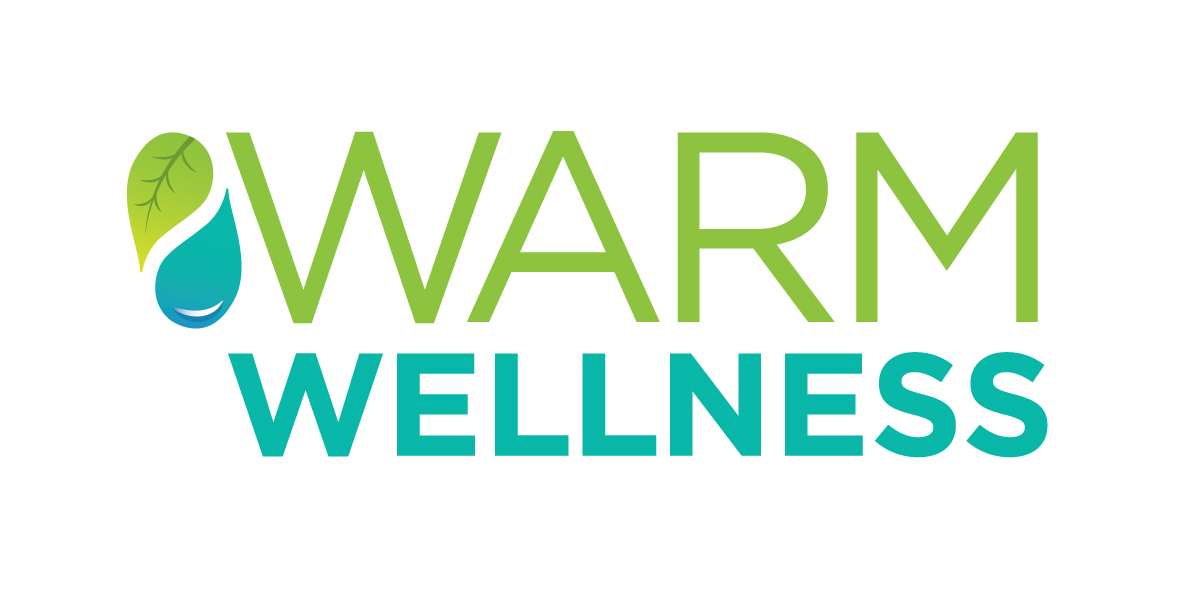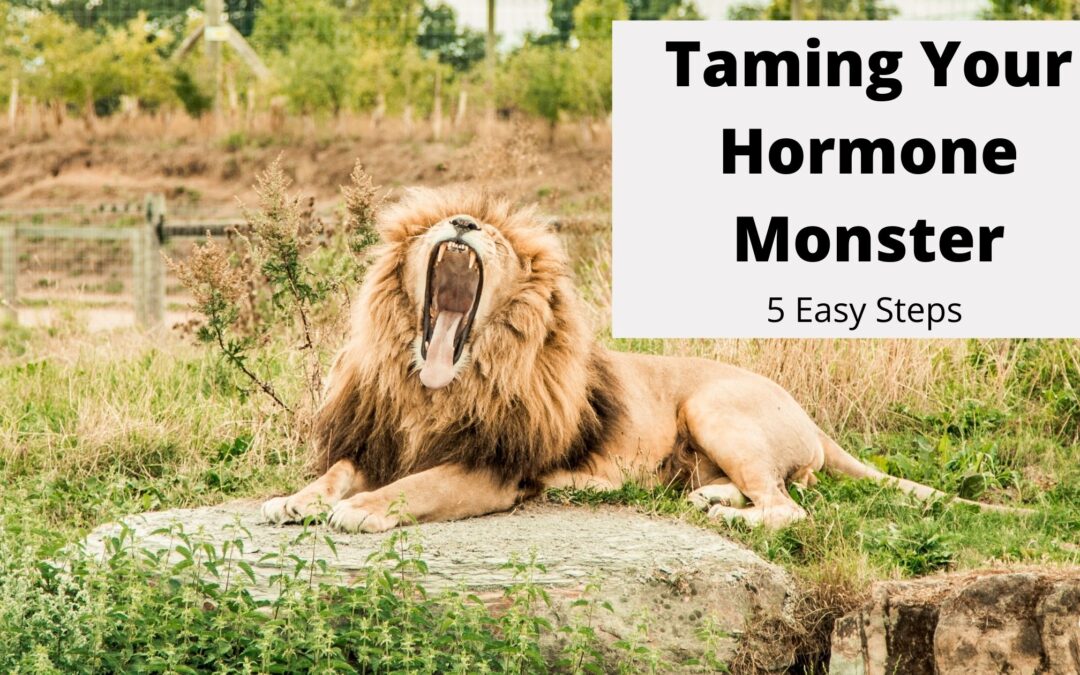As published on My Swiss Story on March 29, 2021
As women we tend to have a love hate relationship with our hormones (mostly the latter). We love our hormoneswhen our brains are flooded with dopamine, when we in first in love or when we look into the eyes of a newborn baby.
But like most things in life, they can also have a beastly side, like those days leading up to our monthly cycle, or when struggling with infertility or peri-menopause symptoms.
The truth is hormones affect every area of the body. Healthy hormones are not just reproductive and feel good hormones, but also adrenal, thyroid, liver, digestive and intestinal. They all have to function properly for our bodies to maintain a certain level of wellness.
Throughout modern history, hormones have been blamed for everything from mood swings to murder. Although women tend to carry the brunt of this stigma far too often, it should be noted that hormones aren’t really to blame. Biologically speaking hormones are just doing what they are biologically meant to be doing to support our bodies through different stages of our lives.
It’s when they get unbalanced that they tend to send us signals that should be addressed.

Here are some common signs that your hormones might be in need of some taming:
- You’re exhausted,
- Your sex drive has taken a dive,
- You have stubborn weight gain around the middle,
- Your periods are irregular or more intense,
- You have cystic acne around the mouth and jawline,
- You’re experiencing guilt, mild depression and/or anxiety for no particular reason
- You’re struggling with sleep
When these symptoms occur, our knee jerk reaction is to blame the monthly hormone monster.
But no one seems to ask why these issues are occurring in the first place.
Hormones do not just go astray by themselves (ok maybe for a bit before menopause).
The fact is our hormones are easily influenced by what we eat, our stress levels, and our liver and gut function.
If you are ready to tame the hormone monster and start reeling in some of the symptoms of hormone imbalance, then read on.
Empower yourself.
When symptoms pop up, it’s easy to feel like there might be bigger or more complex issues going on or that you’re body is misbehaving. The first step is acknowledging that nothing is inherently wrong with you. Becoming curious about what’s going on and understanding that it is a natural process, can give you the confidence to find solutions. Your body has an amazing ability to heal itself, naturally. Embodying the mind-set that you have the ability to be healthy and you have the tools to become even healthier takes a huge weight off your shoulders. I am a big believer than knowledge is key. When you know better, you do better. If you are struggling with symptoms of hormone balance, seek a friend or health coach to help you unravel the mystery.
Eliminate Comparison.
A lot of women feel like they need to keep up with everyone else, especially in this day and age of social media compare and despair syndrome. This habit of comparing ourselves to others can lead to poor body image, emotional eating and anxiety. As women we have plenty of guilt to go around, from how good of a wife, mother, daughter or co-worker we are to the number on a scale. It can be overwhelming and stressful to constantly be worried about what others think. The mental weight we put on ourselves (like shame and judgment) is often more draining to our energy levels than our daily to do list. Let go of this comparison mindset and love the person you are right here and now.

Eat for Your Hormones
Foods play a powerful role in how our body functions. Eating healthy foods can help balance your hormones, and relieve some of the symptoms associated with imbalance. When you know what the right amount of nutrients, you can improve your overall health and happiness. Fruits and vegetables are generally a great source of fiber, vitamins, minerals, and phytonutrients, which may help reduce symptoms and severity of PMS and peri-menopause. It’s important to remember that fat is your friend, not your foe. Adding avocado, olive oil, and even grass-fed beef can be very helpful when balancing your female cycle. Reduce or eliminate processed foods, sugar, caffeine and alcohol that cause imbalances in your blood sugar and negatively impact your hormones.

Evaluate exercise.
It might surprise you, but sometimes the harder you work out, the more stress you actually put on your body, especially as we age. Depending on your constitution and condition, you may actually need gentle exercise, like walking, yoga or tai chi. Certain forms of rigorous exercise trigger the stress response, so make sure to balance hard-core workouts with practices that are easier on the body. But don’t take this as an excuse to ditch exercise completely. Gentle exercise is important to reduce stress and keep your physically fit.
Enjoy real rest.
Are you chronically exhausted, surviving on coffee and sugar to get through your day? Have you ever stopped to think that maybe you’re actually tired. Sleep is a requirement for good health. So much goodness happens to our body while we sleep. Listen to your body and aim to get 7-8 hours of sleep a night. Make sleep a priority by going to bed early and sticking to a routine. This can do wonders for taming the pesky hormone monster.
These days we tend to spend the majority of our lives in the sympathetic nervous system, aka the “fight or flight, stranger-danger” zone. Your body doesn’t know the difference between those literal stressors and chronic stress related to work, the pandemic or difficult relationships. When your body is in this sympathetic state, it can’t rest and repair as needed. Your body requires periods of relaxation and calmness, known as the parasympathetic state, aka the “rest and digest” system. This state is brought on by sleep, laughing, meditation, and physical touch with a loved one. The more you can activate your parasympathetic nervous system by relaxing, meditating and having fun, the healthier you’ll be – physically and mentally.
Most women don’t realize that they are in the driver’s seat when it comes to taming their hormone monster. We’ve been taught for so long to just grin and bare it.
The bottomline is keeping them balanced is totally within your control.
Making the necessary adjustments does not have to be an all or nothing endeavor. Try one of the above suggestions each week. Don’t put too much stress on yourself – it’s not good for your hormone health!
If you would like more information about how your hormones impact your life – download my free guide to understanding your hormones here.

